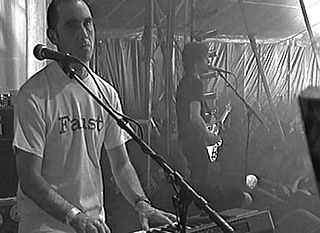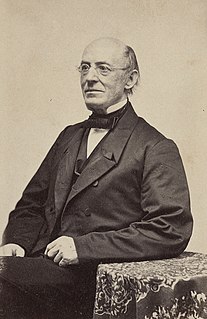A Quote by Virginia Woolf
I like books whose virtue is all drawn together in a page or two. I like sentences that don't budge though armies cross them.
Related Quotes
The words are strung together, with their own special grammar-the laws of quantum theory-to form sentences, which are molecules. Soon we have books, entire libraries, made out of molecular "sentences." The universe is like a library in which the words are atoms. Just look at what has been written with these hundred words! Our own bodies are books in that library, specified by the organization of molecules-but the universe and literature are organizations of identical, interchangeable objects; they are information systems.
When I was writing the first few books, what I would do is write a bunch of sentences and then go back and expand and explode those sentences, pack as much into them as I could, so they'd kind of be like popcorn kernels popping... all this stuff in there to make the writing dense, and beautiful for its density.
In the Cross is salvation; in the Cross is life; in the Cross is protection against our enemies; in the Cross is infusion of heavenly sweetness; in the Cross is strength of mind; in the Cross is joy of spirit; in the Cross is excellence of virtue; in the Cross is perfection of holiness. There is no salvation of soul, nor hope of eternal life, save in the Cross.
It's the way I make music, I will take two ideas and smash them together and if they sit well together for me then that's fine, and it's the same with the lyrics - if I see a couple of lines and I like the way they look on the page then I'll use them. I find they take on a meaning of their own, it's very difficult to explain how I actually go about all that.
People don't talk like this, theytalklikethis. Syllables, words, sentences run together like a watercolour left in the rain. To understand what anyone is saying to us we must separate these noises into words and the words into sentences so that we might in our turn issue a stream of mixed sounds in response.
What The Source becomes, in a physical sense, is almost like this particle accelerator. There's all these different, discrete voices and ideas. If you just saw two of them together perhaps it might seem completely diverse and like, "Why do you have these two people together?" But as it grows and as it speeds up, it kind of creates a larger dialogue.
When we were children, letters were like fun toys. We played with them through our building blocks. We colored them in books. We danced and sang along with TV puppets while learning C was for “cookie.” Soon, letters turned into words. Words turned into sentences. Sentences turned into thoughts. And along the way, we stopped playing with them and stopped marveling at A through Z.
Better to be always in a minority of one with God - branded as madman, incendiary, fanatic, heretic, infidel - frowned upon by "the powers that be," and mobbed by the populace - or consigned ignominiously to the gallows, like him whose "soul is marching on," though his "body lies mouldering in the grave," or burnt to ashes at the stake like Wickliffe, or nailed to the cross like him who "gave himself for the world," - in defence of the RIGHT, than like Herod, having the shouts of a multitude crying, "It is the voice of a god, and not of a man!"



































